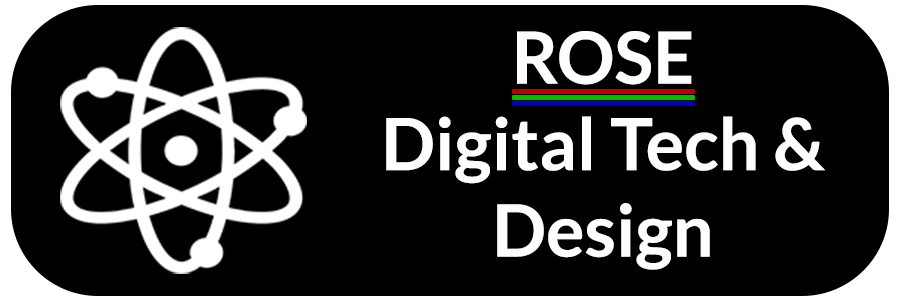
In today’s digital age, having a well-designed website is crucial for businesses of all sizes. It serves as the virtual face of your company, acting as a 24/7 marketing tool that can greatly impact your success. In this blog post, we will explore the significance of a well-designed website and discuss how it can enhance user experience, drive conversions, and contribute to the overall growth of your business.
First Impressions Matter:
When potential customers visit your website, their first impression plays a critical role in shaping their perception of your brand. A visually appealing and professional website design immediately captures attention and establishes credibility. A poorly designed website, on the other hand, can create doubts about your professionalism and competence, leading visitors to leave before exploring further.
User Experience (UX) is Key:
A well-designed website prioritizes user experience (UX). It focuses on creating an intuitive and seamless browsing experience that keeps visitors engaged and encourages them to explore further. Elements such as easy navigation, clear calls-to-action, fast loading times, and responsive design across various devices contribute to a positive UX. A positive user experience not only keeps visitors on your site longer but also increases the likelihood of conversions.
Enhancing Brand Identity:
Your website is an opportunity to showcase your brand identity and convey your unique value proposition. Through careful consideration of visual elements, color schemes, typography, and overall aesthetics, you can create a website that aligns with your brand personality. Consistency in design elements across your website and other marketing channels strengthens brand recognition and fosters trust among your target audience.
Driving Conversions:
One of the primary goals of a website is to drive conversions, whether it’s making a purchase, filling out a contact form, or subscribing to a newsletter. A well-designed website optimizes conversion paths and strategically places call-to-action buttons and forms to guide visitors towards desired actions. By creating a visually appealing design that complements persuasive copywriting, you can significantly increase your conversion rates and achieve your business objectives.
Search Engine Optimization (SEO):
A well-designed website also plays a vital role in search engine optimization (SEO). Search engines consider various design elements, such as mobile-friendliness, page loading speed, and site structure, when determining search rankings. A website that is optimized for SEO improves its visibility in search engine results, driving organic traffic and increasing the likelihood of attracting qualified leads.
Mobile Responsiveness:
With the increasing use of smartphones and tablets, it is essential to ensure that your website is mobile-responsive. A mobile-responsive design adapts to different screen sizes and resolutions, providing a seamless browsing experience across devices. By optimizing your website for mobile users, you can reach a broader audience, improve user experience, and stay ahead of the competition.
Building Trust and Credibility:
A well-designed website instills trust and credibility in your audience. By showcasing testimonials, case studies, certifications, and affiliations, you can demonstrate your expertise and establish credibility in your industry. Additionally, incorporating security features such as SSL certificates and privacy policies reassures visitors that their information is safe, further building trust in your brand.
Measuring and Improving Performance:
An advantage of a well-designed website is the ability to track and measure its performance. Through tools like Google Analytics, you can gain valuable insights into visitor behavior, traffic sources, and conversion rates. This data enables you to identify areas of improvement, refine your marketing strategies, and continually enhance the user experience.
In today’s competitive digital landscape, a well-designed website is a fundamental asset for any business. It serves as a powerful marketing tool, enhancing user experience, building trust, and driving conversions. By investing in a well-crafted website design that aligns with your brand identity and incorporates user-friendly features, you can establish a strong online presence, stand out from the competition, and propel your business towards success.
